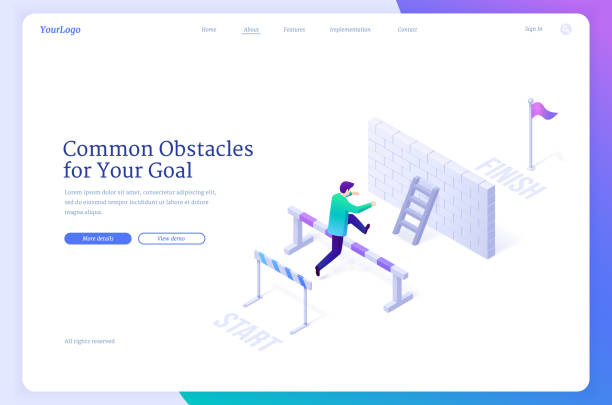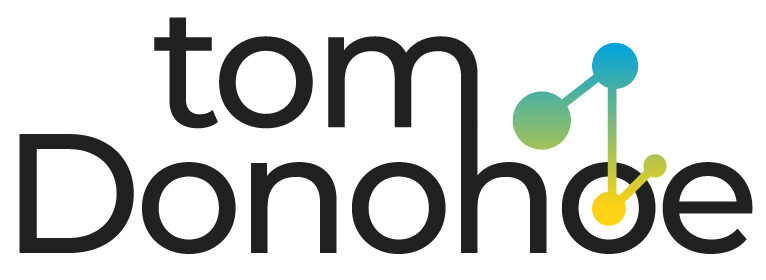Digital Marketing Transformation: The Roadblocks

Digital marketing has been evolving at a rapid pace for nearly a decade. The pandemic, however, has dramatically increased that pace. What is the result? The result?
Marketing is one of the key growth drivers in the digital age, with an ever-growing range of platforms and channels to explore. Digital marketing is not just an add-on for an organization; it’s now an integral part of the business.
There are many roadblocks in the way of digital marketing transformation. These “pushbacks” or obstacles restrict organization development and place brands at risk of perishing on the digital front. Businesses are now more committed than ever to providing exceptional experiences for customers everywhere.
Reluctance to Change
The digital marketing transformation involves more than just experimenting with new technologies and marketing methods. For a change to be successful, a cultural shift is needed. If your top decision-makers have the attitude that “if it’s not broken, don’t fix it,” then the change to digital marketing is unlikely to happen.
Without top-level leadership, things will never get better. In this digitally-driven world, which is always evolving, what works today might not work tomorrow. If you don’t want your business to suffer the same fate, then you must create a convincing and solid digital marketing strategy.
Data Management Challenges
If there isn’t a way to access data that can be understood and used by everyone, digital marketing tactics will fail before they even begin. Digital marketing requires intelligence, insight, and strategic thinking. Without access to high-quality data, digital marketing transformation is an uphill struggle. It is important to have all relevant information in one place.
Data that is weak or fragmented cannot be used to move forward. When choosing digital tools, prioritize data ownership and data quality. Make sure that any partnerships do not prevent you from having access to your data and maintaining control.
Lack of Knowledge and Talent
According to recent McKinsey Global Survey findings, 87% of companies report having skill gaps within their workforce. This marketing skills shortage directly affects your company. The industry is constantly changing, and this may impact your company’s capability to implement new technologies and tactics.
You can improve your marketing by bringing in new marketers, introducing additional academies for the development of your existing staff, and outsourcing to marketing companies that have complementary skills and expertise.
Financial Restrictions
Budgets can also be a major obstacle in the digital marketing transformation. It is difficult to change your entire marketing department, and you have many things to consider when pursuing digital goals. When planning digital marketing transformation, many organizations forget about the cost of updating IT legacy systems and employee training.
While investing in new technology and platforms, it’s important to remember that unexpected problems can occur.





